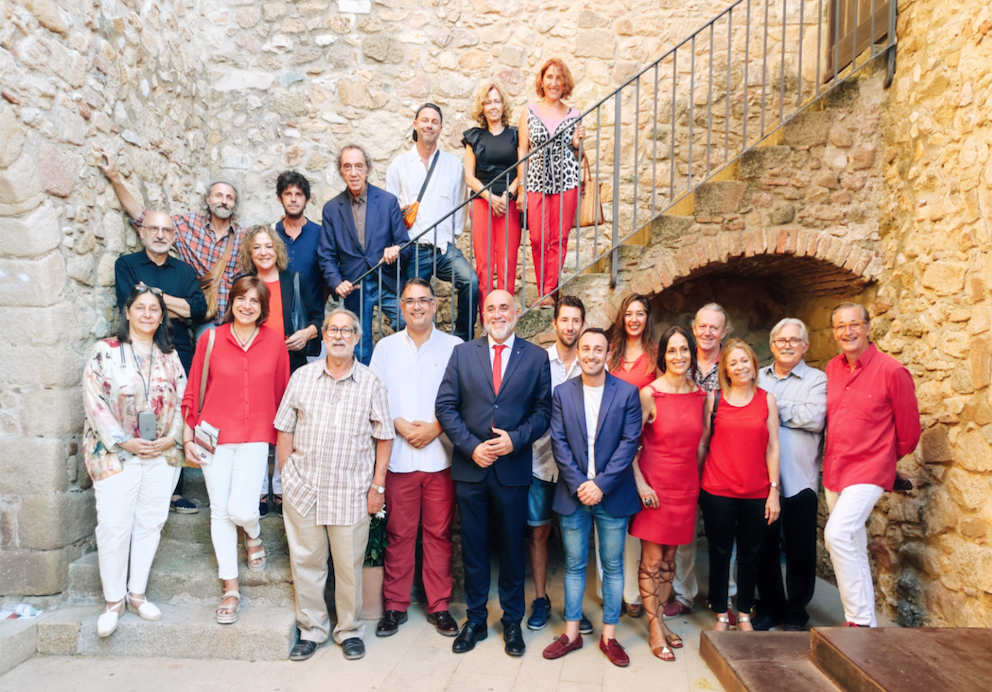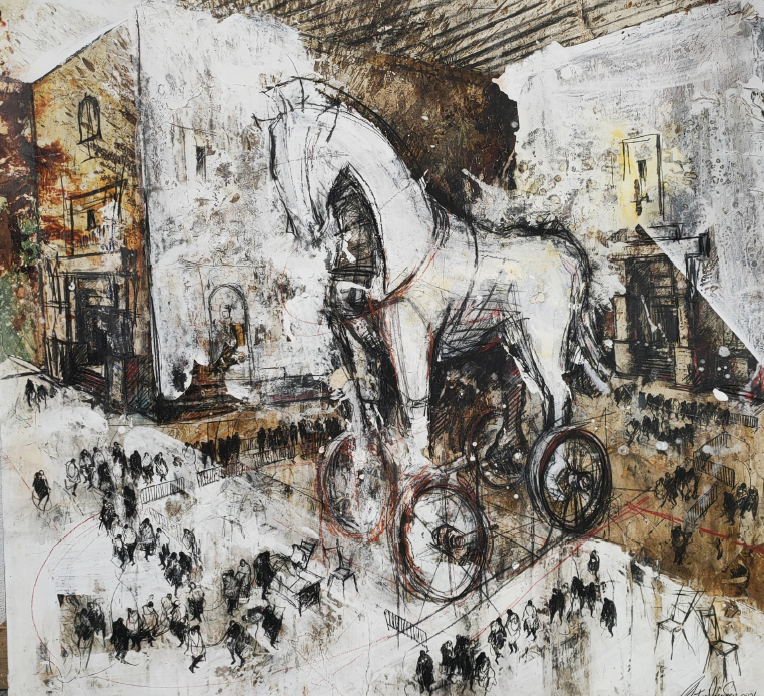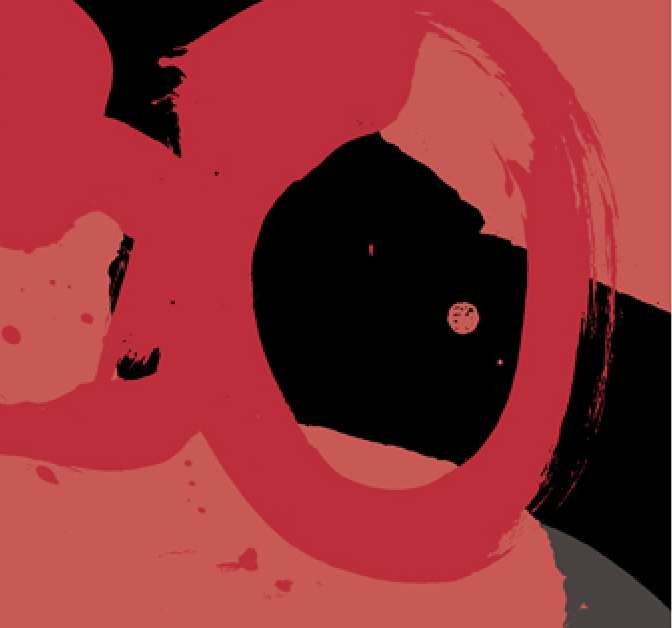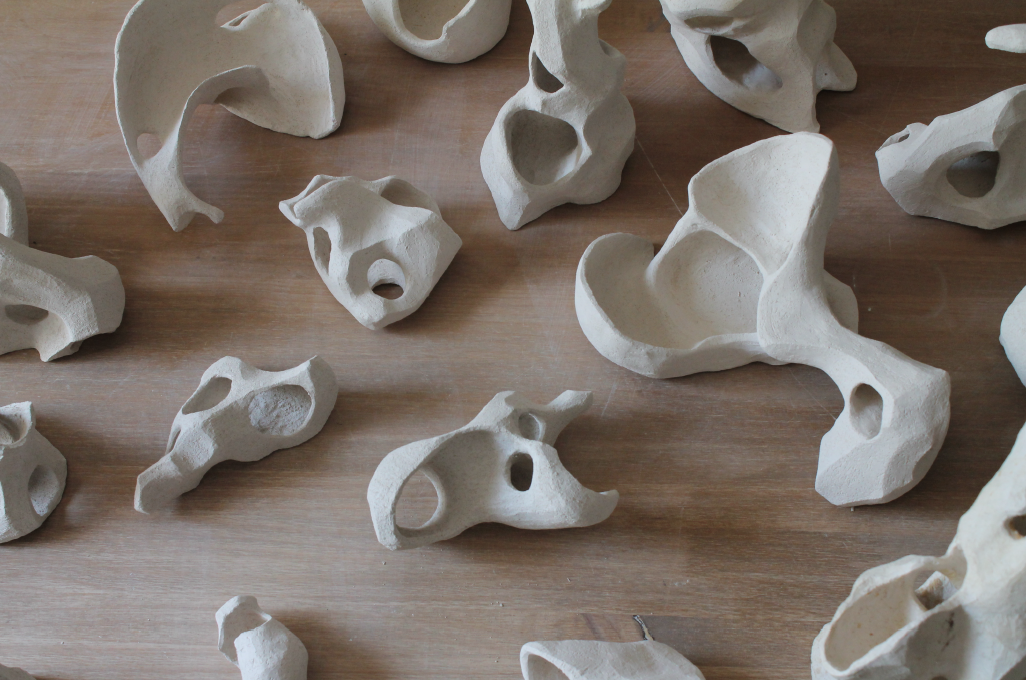Opinion
Towards the museum, the tomb of the nomads
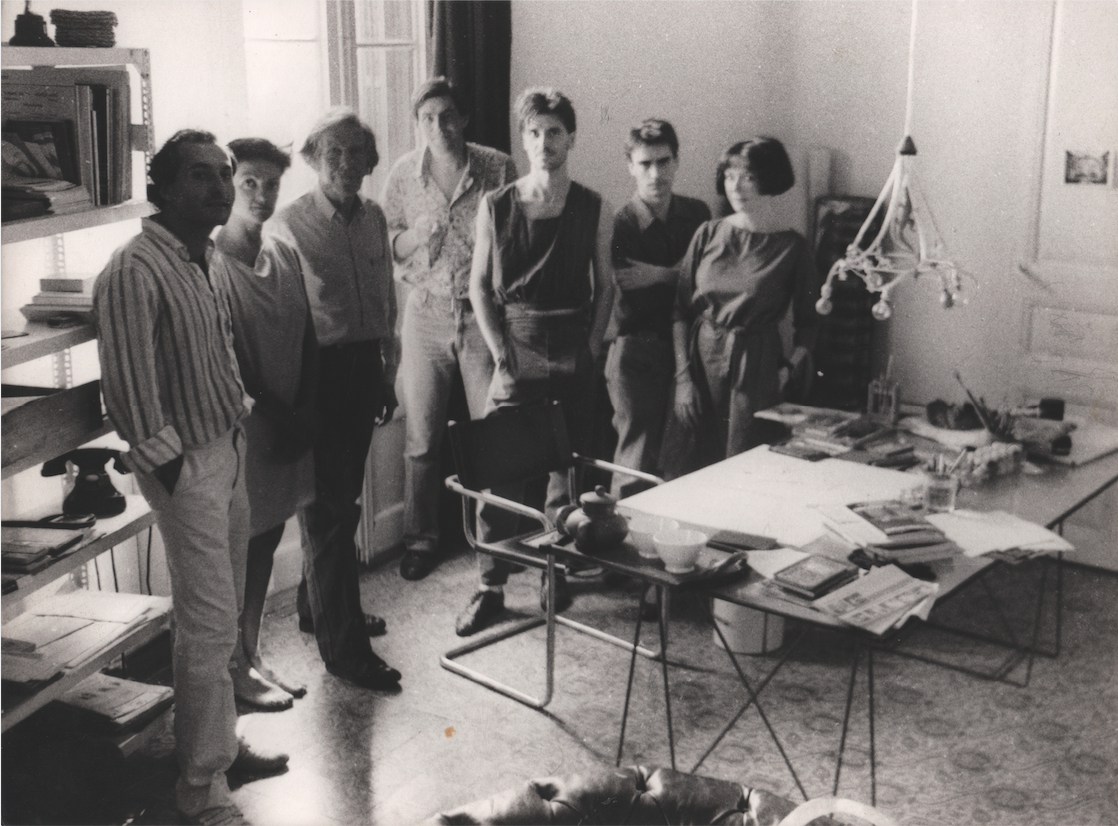
A white curtain has fallen on the light projected on the face of Joaquim Pibernat, the kind friend and the poignant intellectual who has just left us after a long illness. Turbulent as the people who live in a world that writes history under the name of "catastrophe," their presence was unmistakable. Early in the morning he wrapped himself in the sheets of two or three newspapers and was accompanied throughout the day by a couple of books by authors from nowhere. He made no distinction, like so many of us, between life, culture, and politics. He belonged to a generation of revolt and carried with him the disappointment of not being able to achieve the ideal of collective freedom. Right now we live in a Catalonia subjugated by the constitutional dictatorship and a Europe where the reason for force is imposed above the values of free expression and the rights of peoples.
Pibernat wrote down in the margins of the newspapers small sentences which he then communicated to his friends. They were short, incisive sentences, which sought a timelessness out of reflections of the historical moment, and will be published post mortem . Naturally his nihilistic character permeated a negative whole, often not without black humor. In the end today he would have written: "We come from silence, we live in silence and we go towards silence." With frank friendship he dialectically contradicted him: "We come from the memory of others, we live the new experiment we are and we ring with the world to come." Of course, to prove this I must use his contribution in the world of culture.
He was part of the creative core that constituted the adventure of Arctic , a quarterly magazine of letters and arts that showed from contemporary creation the hybrid and international trends in the so-called first postmodernity. Looking at that advanced magazine, in its eight issues that went ahead and the eight issues that went back to zero that was the onomastic index, allows us to relive and revise as an encyclopedia the poetry of the eighties that was advancing positively the end of the twentieth century as a century of the avant-garde and innovation. The magazine came to have a circulation of seven thousand copies and a kiosk distribution at a time of construction of a new modernity that neoliberalism destroyed under the model of the cultural industries. A decade later, with the same spirit but with a voluntarily minority air, he participated in the laboratory that made up Cave canis , a radical, experimental and artisanal magazine in box format in the transition to mass technology media.
The intellectual of the turmoil of the soul, the critical eye against a dehumanized and stupid world, the aphoristic writer of black on white had a formidable library and an art collection that testifies to their relationships and exemplifies the era. His desire is to reunite with the funds that Jordi Benito left in the Granollers Museum and the MACBA, Hac Mor in the Morera Museum and Benet Rossell in the MNAC. The museum is the tomb of the nomads.
Pictured: The Arctic with John Cage. Altaió, Llopis, Cage, Pibernat, Duran, Colomer and Novell, 1985.





